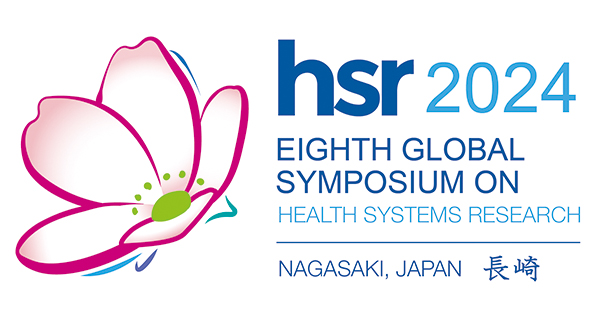Philosophy and Purpose of TMGH
Along with the globalization of the economy, industry, and mass migrations in the 21st century, problems relating to the natural and social environment have also become globalized. Infectious diseases, mental health issues and lifestyle related illnesses are particularly affected by changes in our environment, requiring new ways and methods to counter them that transcend countries and regions, known as “global health”.
Tropical Medicine and Global Health research aims to go beyond the existing academic boundaries, using a new comprehensive approach to solve world health problems, and train new professionals in “Global Health” who can be called upon internationally for this purpose.
Why was TMGH founded in Nagasaki?
Nagasaki University has inherited “the rooted culture of Nagasaki, encouraging the fostering of rich minds and using science that supports world peace to contribute to the harmonious development of society”. We adhere to this philosophy and encourage our students to strive to achieve “strength in the field, strength during crisis, and readiness to jump into action”, aiming to lay the intellectual foundations for society in the 21st century.
In addition, Nagasaki University’s Medical School and Institute of Tropical Medicine have a long tradition of being internationally active along with our Faculty of Education, Economics, and Engineering, School of Dentistry, Pharmacy, Environmental Sciences, and Fisheries. In 2008 the Graduate School of International Health and Development was created and in 2014 we established the School of Global Humanities aimed at training a truly international group of human personnel. Alongside our international projects, we also promote education and research activities that focus on local communities and cooperation with governments. Under the university president’s leadership, our mission “as a local university should be to encourage students to have a bird’s eye view of the world from a regional perspective, and to consider each region’s viewpoint from a global perspective. From global issues to local ones, we must create a workforce of experts capable of facing this ‘glocality’”.

